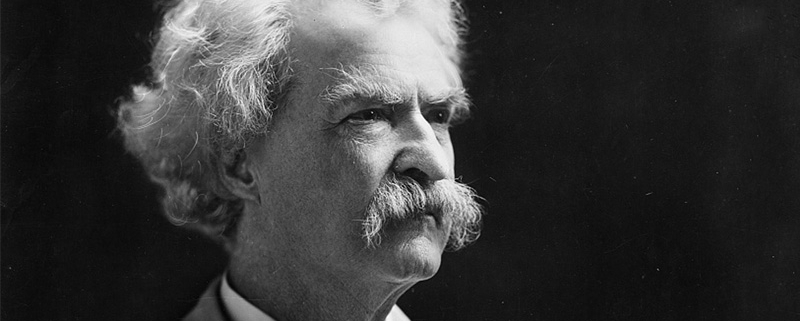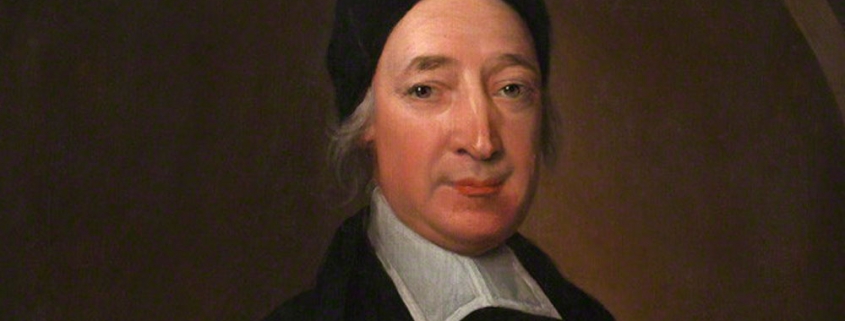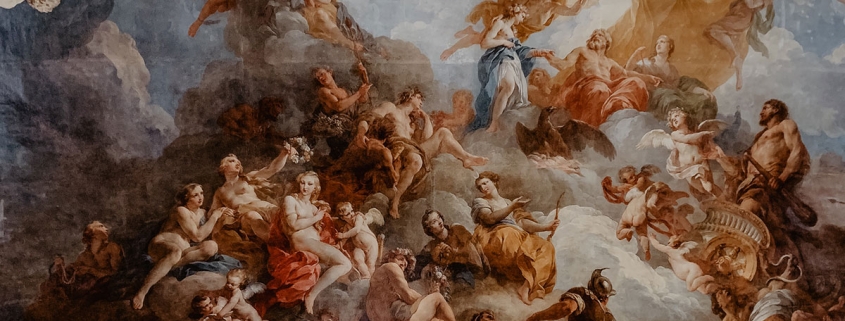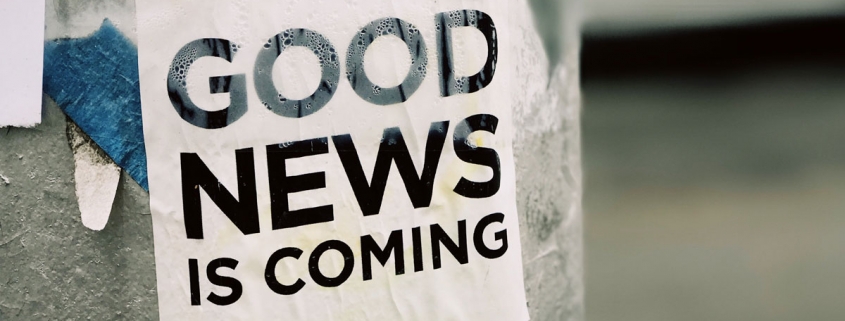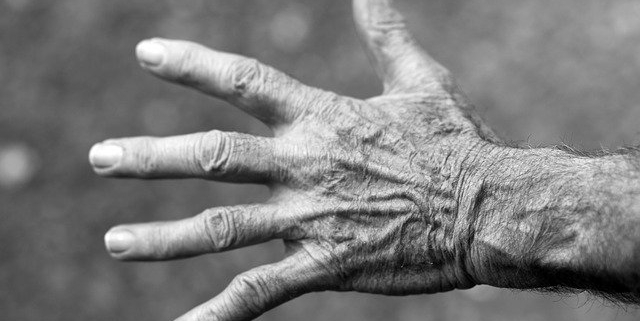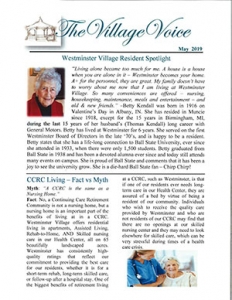Chaplain’s Corner: XVII
“Your True Identity”
We all have seen the story of the caterpillar that eventually becomes a beautiful butterfly. But recently I saw a picture of a knobby, spiky, multicolored organism that slithers through the forests of Sri Lanka, India and Southeast Asia.
The message this intimidating protuberance effectively delivers is a simple message: “You don’t want to mess with me.”
What kind of creature is it? If you sampled its DNA tissue you might be startled to see the result.
This is a moduza procris, otherwise known as a commander butterfly. Commanders are large butterflies with strikingly beautiful black, reddish-brown and white wings. Yet they begin life as caterpillars that appear custom-designed for horror movies.
There’s nothing about the current morphology of this creature that suggests it will ever take flight. But it is a magnificent flier.
The same is true for everyone who is “In Christ.”–that is for those who have chucked their most valiant efforts of self-improvement and abandoned themselves to Jesus.
Things may look pretty discouraging in the short run. You may feel like a singular unattractive human being. You’ve grown your own knobby warts of cynicism, hypocrisy and spiritual cowardice and have perfected a relational style that says, “You don’t want to mess with me.” And you wish none of that was true.
Take heart.
Your life does not come down to appearances. What matters is your true identity. God says you are a Saint. You have the DNA of godliness. And when the time is right, you will mature into who you really are.
Next time you see a caterpillar remind yourself of what it will become. Then ponder this remarkable assurance:
“What marvelous love the Father has extended to us! Just look at it-we’re called children of God! That’s who we really are…And that’s only the beginning. When Christ is openly revealed, we’ll see him—and seeing him, become like him.”(I John 3:1-3)
Today we may feel utterly earthbound. Especially in this pandemic we feel constrained.
But one day, by God’s grace and power, we’ll fly.
Faithfully,
Ron Naylor, Chaplain


